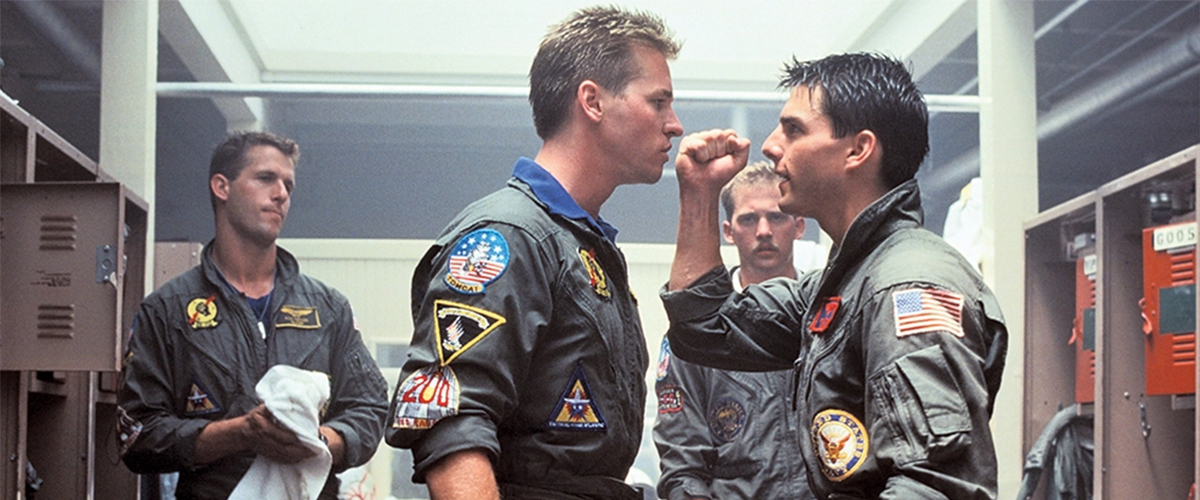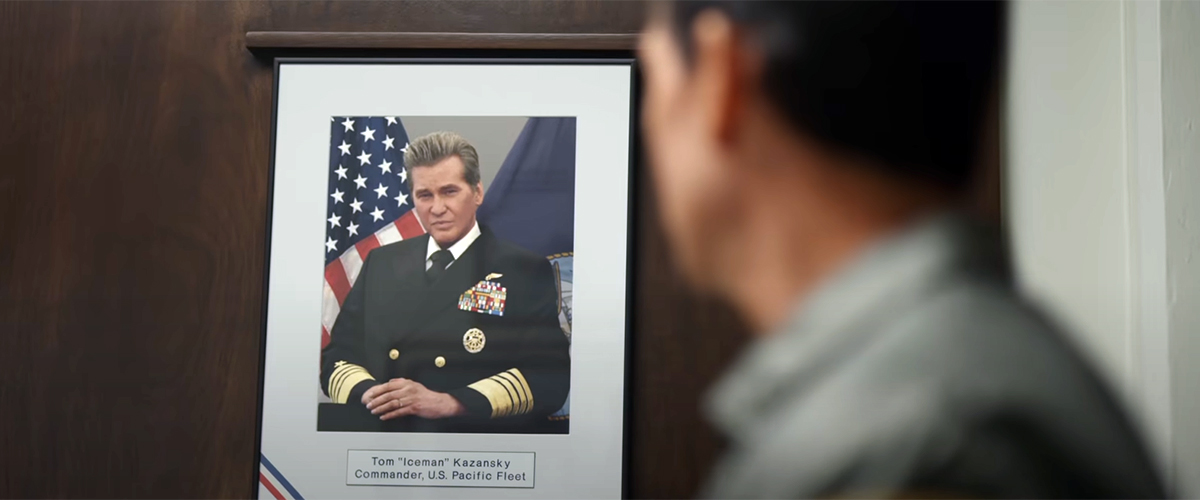- Shares
- 16.9K
The flying hit Top Gun: Maverick has broken barriers on its way into the stratosphere since the film launched into theatres in May. It had the highest-grossing opening weekend for a Tom Cruise-led film, proving that there is still a market for nostalgia, and that Tom Cruise still has his A-game.
The film’s success also added another strike to simultaneous releases in theatres and on streaming platforms. We’ve also learned that having more footage can’t hurt, though we pity the guys having to trawl through them.
And it also showcased how artificial intelligence (AI) can enhance filmmaking. Specifically, how AI was used to voice Val Kilmer’s Tom ‘Iceman’ Kazansky in Top Gun: Maverick and what it could mean for future films.
After battling throat cancer in 2014, Val Kilmer has trouble speaking. By using advanced AI, developed by London-based Sonantic, the film was able to perfectly replicate Kilmer’s voice.
Kilmer’s daughter Mercedes, in an interview with Page Six, said, “They were able to dub him with his own voice, which is amazing. It’s such a technical feat, being able to engineer his voice that way, that it’s an extension of the technical feat of the film.”
The actor supplied Sonantic with hours of his previous work which features his speaking voice. The footage was fed through the company’s algorithms for a synthetic voice model that tries to capture as much of Kilmer’s style of speaking as it could.
The voice sounds a little rough around the edges, but if you didn’t know beforehand, you are unlikely to suspect it was an AI speaking.
This isn’t the first time AI was used this way. In 2021, the documentary Roadrunner drew criticisms for using an AI-synthesised voice of the late Anthony Bourdain after his passing and without his permission. For Top Gun: Maverick, this was done with Kilmer’s blessings.
The technology opens up possibilities for future films. It can provide youthful sounding voices for ageing actors. For situations like Val Kilmer, it allows actors to still showcase their craft on-screen while letting technology cover their shortfalls.
The idea also opens up some moral conundrums. Is your voice truly yours once it’s out on the internet? Like in Roadrunner, can someone just take your voice without your permission and make something new out of it?
Should voice be copyrighted, trademarked and blocked from distribution without permission? Can actors and voice actors create AI copies of their voices and sell them to companies to use? Should they?
While these questions aren’t likely to be answered anytime soon, the use of better and more realistic synthesised AI voices is here to stay. They are the updated Siris, Google Assistants, and Cortanas for the future.
Top Gun: Maverick and Roadrunner have provided use cases of AI voices in films, showing that it is no longer something out of science fiction. Just like how AI is reinventing visual effects today, we should certainly expect AI voices to be a part of films in the future.














